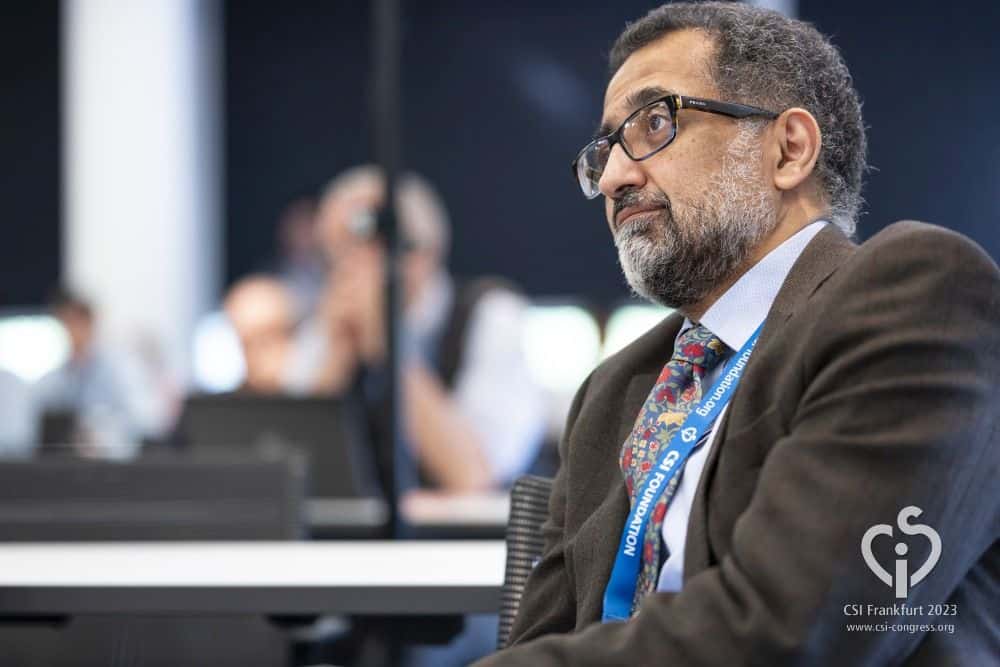Mitral Valves Explained by UK Leading Cardiologist
Learn all about Mitral Valves with Dr Malik – one of the UK’s leading heart surgeons, known for his simple explanations of complex heart problems. Let’s explore what the mitral valve is, which side it’s located and the best treatment options for when it leaks.
What is a Mitral valve?
The Mitral valve is the inflow valve of the heart, located on the left-hand side. It has two leaflets that open and close in sync with the heartbeat. Mitral valves can encounter issues such as narrowing, typically caused by Rheumatic Heart disease. It can also experience leakage, often due to problems at the valve’s base that cause it to lose support, or issues with the leaflets not meeting properly (leading to the blood leaking backwards).
What’s the best treatment for problems with the mitral valve?
The treatment options depend on the problem.
Stenosis (or narrowing)
A balloon can be used in younger patients to open it up. In older patients, surgery is usually needed.
Regurgitation or leaking
Regurgitation or leaking in the Mitral valve can be treated with surgery, typically an open valve repair or replacement. But if surgery is high-risk, a “clip” can be placed on the valve to reduce (but not cure) the leak.
Issues with a failing surgical valve
When a surgical valve begins to fail, there are a few potential issues we must consider.
- Leakage around the valve’s edge. If there’s a leakage around the valve’s edge, one option is to plug the leak from the leg. Alternatively, another round of surgery may fix the issue.
- Narrowing or leaking inside the valve. The treatment for internal valve leaking depends on the type of valve.
- Metallic valve. Another round of surgery will almost always be required.
- Tissue valve. A TAVI valve could be inserted. Dr Malik is a national proctor for this procedure and teaches others how to do it.
How do we assess the mitral valve?
The mitral valve can be listened to with a stethoscope. It makes sounds (murmurs) if it’s NOT working well. If we suspect a problem, we’ll order more tests, such as:
- ECG
- Echocardiogram
- Transoesophageal echocardiogram
- Invasive testing
- CT scanning
- Blood tests
-
Below is a 3D Echocardiogram of Prosthetic Mitral Valve
Watch Dr Malik carry out a malfunctioning Mitral valve replacement
Dr Malik carries out these procedures routinely. Watch and learn:
“I performed this procedure under general anaesthetic via a small puncture in the groin. The latest technology can achieve outstanding results, even in high-risk patients!”
Worried about your heart?
Please book a consultation or contact DrMalikPA@OneWelbeck.com to put your mind at ease and get the latest, high-quality tests your heart deserves.
Article by Dr Malik, a UK leading cardiologist. He works at One Welbeck Heart Health – London’s Largest Private Cardiology Group, and at Hammersmith Hospital, Imperial College Healthcare NHS Trust, London, one of the largest NHS Trusts in the UK


